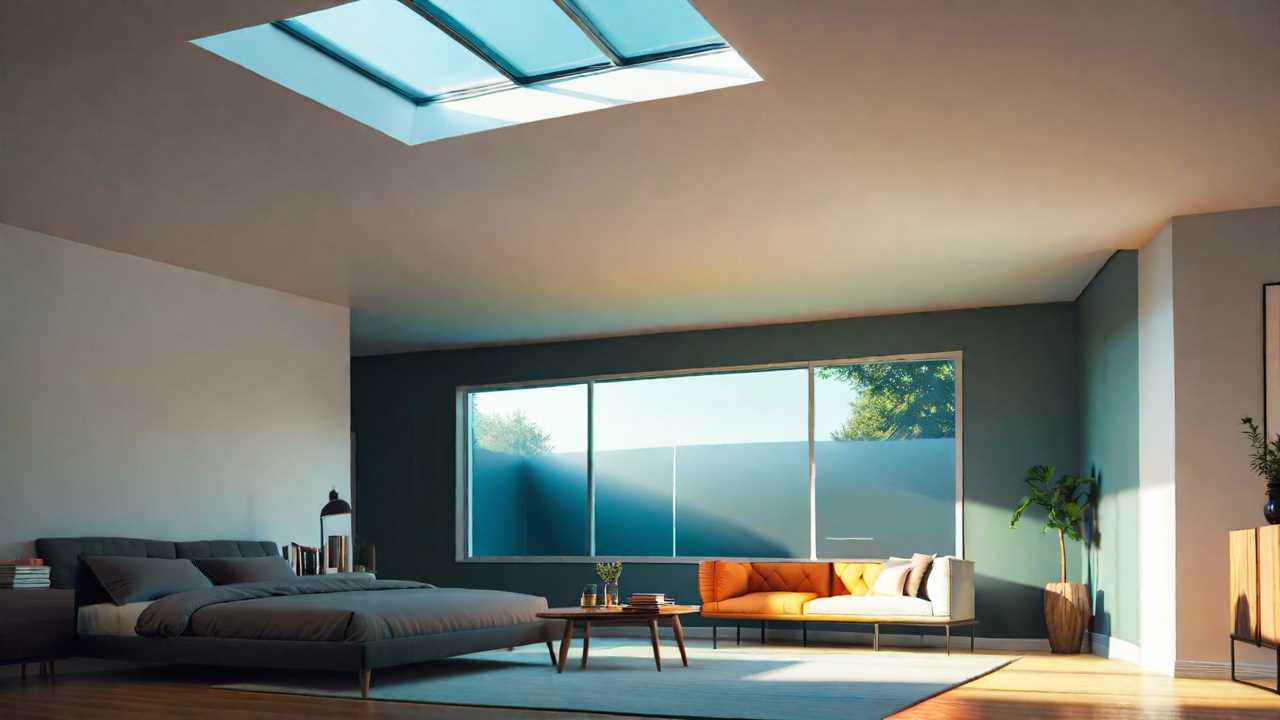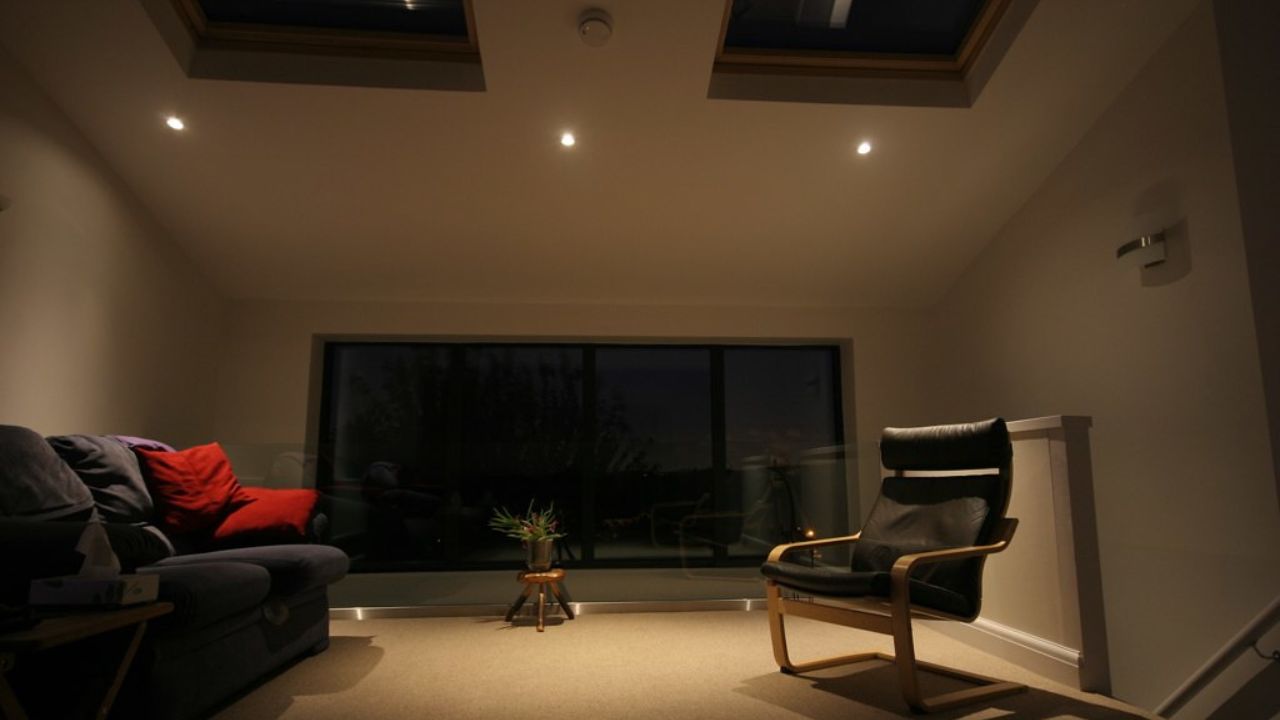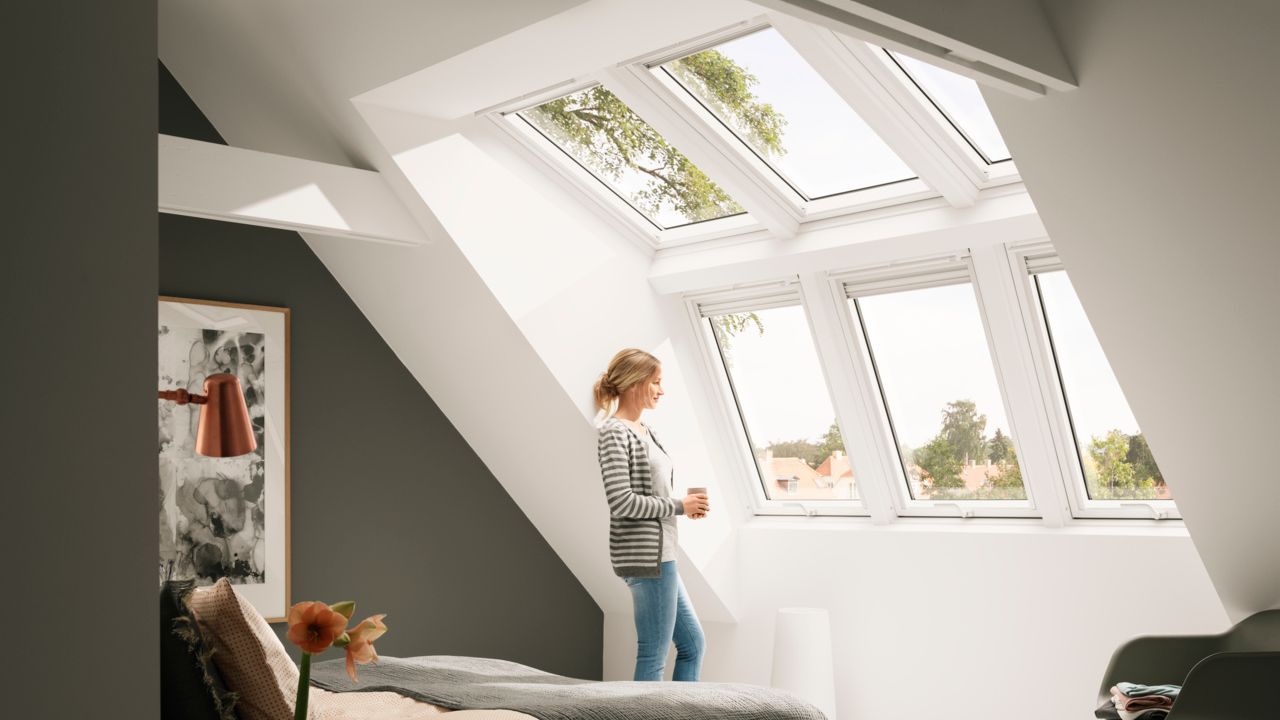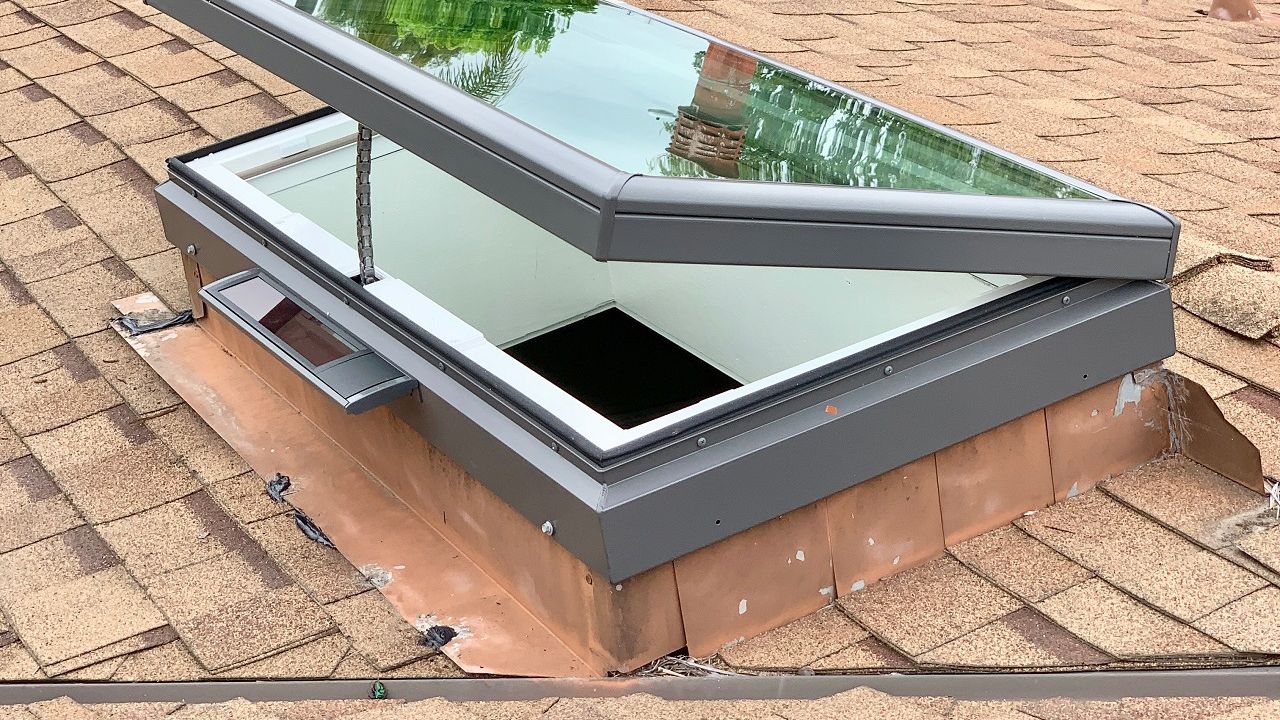
If you’re pondering the durability of smart glass for skylights, rest assured that it’s an important concern. The lifespan of smart glass can significantly impact your investment and the functionality of your skylight. Understanding the factors that influence how long smart glass lasts is vital for making informed decisions. So, let’s delve into the nuances of smart glass longevity and what you can do to guarantee excellent performance over time.
Factors Affecting Smart Glass Lifespan
To determine the longevity of smart glass for skylights, various factors such as the quality of installation, frequency of usage, and exposure to environmental elements play pivotal roles. Proper installation is essential as any errors can lead to malfunctions or decreased lifespan. Ensuring the smart glass is installed correctly, following manufacturer guidelines, will significantly impact its durability.
The frequency of usage also affects the lifespan of smart glass. Continuous use can wear down the components faster, leading to a shorter overall lifespan. Monitoring and regulating the usage of smart glass can help extend its longevity.
Environmental elements such as sunlight exposure, temperature variations, and humidity levels can impact the smart glass’s lifespan. Ultraviolet rays from the sun can degrade the materials over time, while extreme temperatures can stress the glass, affecting its functionality.
Being mindful of these factors and taking proactive measures to mitigate potential risks can help ensure your smart glass for skylights lasts for an extended period, providing you with the freedom to enjoy its benefits for years to come.
Expected Lifespan of Smart Glass
Smart glass for skylights typically lasts between 10 to 20 years, depending on various factors such as installation quality, frequency of usage, and exposure to environmental elements.

The expected lifespan of smart glass is influenced by how well it was installed initially. Proper installation guarantees peak performance and longevity. Frequent use of the smart glass can also impact its lifespan, as continuous activation and deactivation may wear down its components over time. Additionally, exposure to environmental elements such as sunlight, moisture, and temperature fluctuations can affect the durability of the smart glass.
To maximize the lifespan of your smart glass skylight, consider factors like the quality of installation, the frequency of use, and protection from harsh environmental conditions. Regular maintenance and cleaning can also contribute to prolonging the lifespan of your smart glass. By being mindful of these factors and taking proactive steps to care for your smart glass, you can ensure that it continues to function effectively for years to come.
Maintenance Tips for Smart Glass
Proper maintenance of smart glass involves regular cleaning and inspection to guarantee peak functionality and longevity. To confirm top performance, start by using a soft, non-abrasive cloth or sponge with a mild glass cleaner to wipe down the smart glass surface. Avoid harsh chemicals or abrasive materials that could scratch or damage the glass. Pay special attention to the edges and corners where dust and debris tend to accumulate.
Additionally, inspect the smart glass regularly for any signs of wear, such as scratches, chips, or cracks. Address any issues promptly to prevent further damage and maintain the overall integrity of the glass. Check the electrical components and connections to ensure everything is secure and functioning correctly.
It is also essential to keep the surrounding area clean to prevent dirt and debris from building up on the glass. Trim any overhanging branches or foliage that could potentially scratch or damage the surface. By following these maintenance tips, you can prolong the lifespan of your smart glass skylight and enjoy its benefits for years to come.
Advantages of Long-lasting Smart Glass
Regular maintenance and care of long-lasting smart glass is key to maximizing its benefits and guaranteeing peak performance over time. The advantages of investing in durable smart glass are significant.
To begin with, long-lasting smart glass offers exceptional durability, reducing the need for frequent replacements and repairs. This results in cost savings in the long run and minimizes disruptions due to maintenance work.

In addition, the extended lifespan of smart glass ensures that you can continue to enjoy its benefits for an extended period without worrying about degradation in performance. Additionally, the advanced technology embedded in long-lasting smart glass provides superior energy efficiency, helping you save on heating and cooling costs over time.
The durability of smart glass also contributes to a more sustainable environment by reducing the need for raw materials and energy required for frequent replacements. By opting for long-lasting smart glass, you’re making a smart investment that promises lasting benefits and peace of mind.
Future of Smart Glass Technology
In the domain of smart glass technology, the trajectory of innovation and advancement continues to shape the future landscape of architectural design and energy efficiency. As we look ahead, the future of smart glass holds exciting possibilities. Researchers are exploring new materials that can improve the performance and functionality of smart glass, aiming to upgrade light control, energy efficiency, and durability.
One promising avenue of research involves incorporating nanotechnology into smart glass production. By leveraging nanomaterials, manufacturers aim to create smart glass that isn’t only more responsive to external stimuli but also more robust and long-lasting. Additionally, advancements in machine learning and artificial intelligence are paving the way for smart glass systems that can adapt to users’ preferences and environmental conditions in real-time.
Furthermore, the integration of Internet of Things (IoT) technology with smart glass holds the potential to transform how buildings interact with their surroundings. Imagine a future where smart glass automatically adjusts its tint based on weather forecasts or optimizes natural light entry to minimize energy consumption. The future of smart glass technology is a promising one, offering endless possibilities for upgrading comfort, sustainability, and aesthetics in architectural design.
Frequently Asked Questions
Can Smart Glass for Skylights Be Customized for Different Shapes and Sizes?
When customizing smart glass for skylights, you have the freedom to tailor it to different shapes and sizes. This unique feature allows you to create a personalized and versatile lighting solution that fits your specific needs perfectly.
Is It Possible to Repair Smart Glass in Case of Minor Damages?
If minor damage occurs, you can often repair smart glass. Methods may vary based on the technology used. Seek professional assistance for proper evaluation and repair. Regular maintenance can help prevent issues and extend lifespan.

Are There Any Specific Cleaning Products Recommended for Smart Glass?
To clean smart glass, use a mild, non-abrasive cleaner and a soft cloth. Avoid harsh chemicals or abrasive materials that could damage the glass. Regular cleaning will help maintain the functionality and appearance of your smart glass.
Can Smart Glass Be Integrated With Smart Home Systems for Automation?
Yes, smart glass can seamlessly integrate with smart home systems for automation. You can control the transparency levels, tint, and more with ease, enhancing your home’s energy efficiency and comfort through advanced technology integration.
Is There a Warranty Available for Smart Glass Skylights and What Does It Cover?
Smart glass skylights typically come with warranties covering defects in materials or workmanship. It’s important to review the warranty terms for specifics on coverage duration, conditions, and any exclusions that may affect your investment.